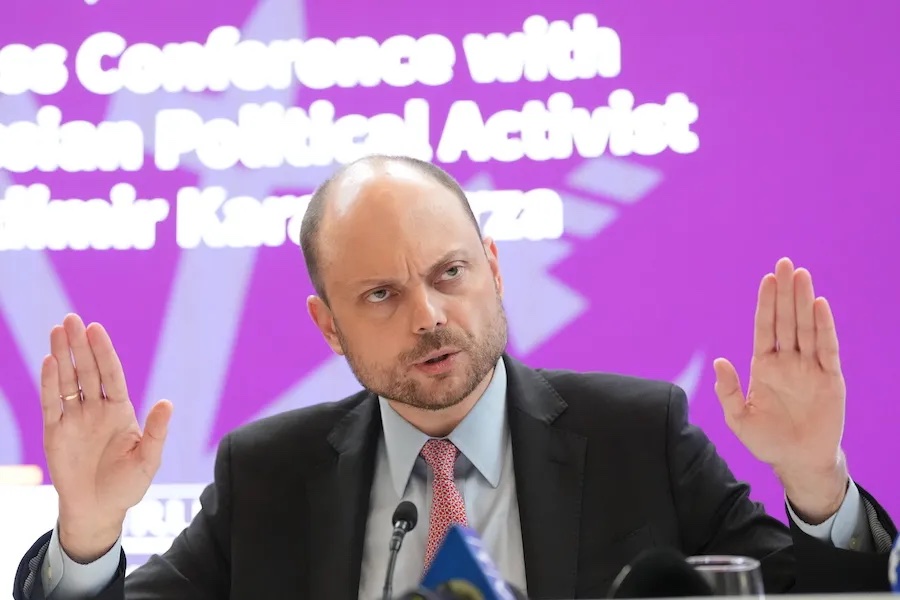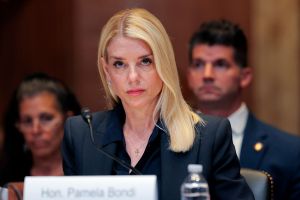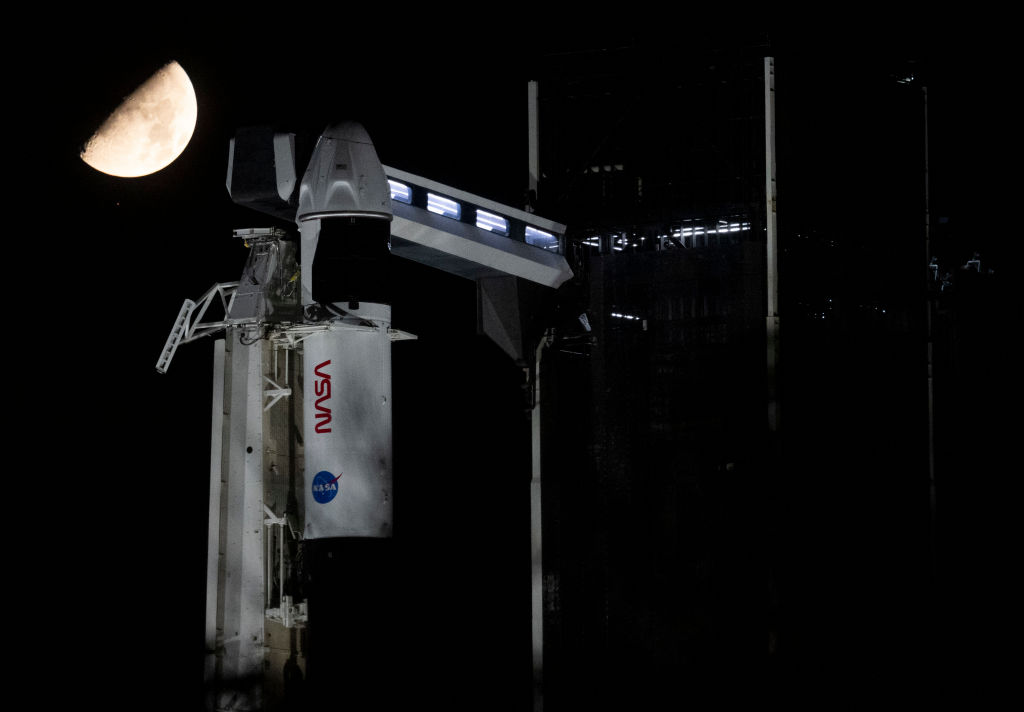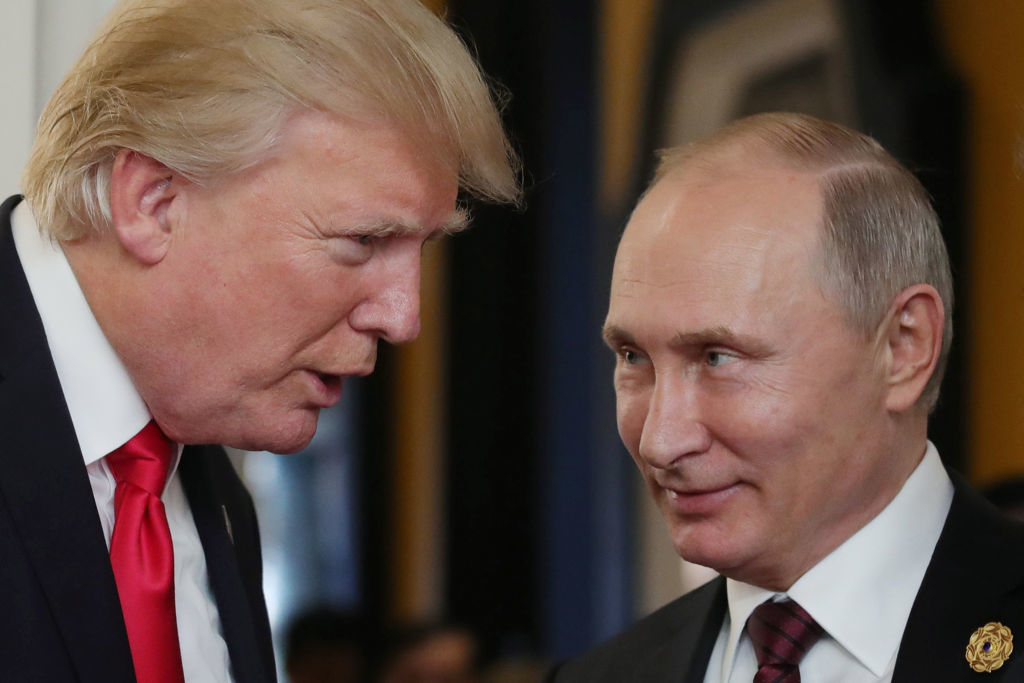“Whatever happens, Vladimir Putin must not be allowed to win the war in Ukraine.” For the first time since being released from a Russian prison in August, the politician Vladimir Kara-Murza arrived in London this week for a series of high-profile meetings to discuss Russia’s future.
Kara-Murza, who holds both Russian and British citizenship, was sentenced for 25 years in Russia’s penal system last year for speaking out against the war in Ukraine. He was set free alongside the journalist Evan Gershkovich and US marine Paul Whelan last month in the largest prisoner swap held between Russia and the West since the end of the Cold War.
Considered one of leaders of Russia’s opposition movement, Kara-Murza suffers from the neurological condition polyneuropathy as a result of two poisoning attempts sanctioned by the Kremlin. He thought he would die in prison. Instead, this morning he met with Keir Starmer and the foreign secretary David Lammy to discuss the war in Ukraine and the thousands of political prisoners who still remain imprisoned by Vladimir Putin.
Speaking at a press conference in Whitehall, Kara-Murza spoke about how important it was for the West not to forget the growing number of Russians imprisoned for speaking out against Putin and his regime. Highlighting how many are kept in torturous conditions and frequently aren’t heard of for months on end he said: “We must not stop, we must not rest until we get them out. This is quite literally a matter of life and death.”
His second mission, he said, was to encourage politicians and leaders in the West to start thinking about what life after Putin looks like and how Russia can be helped to transition to a democratic society once and for all. “We have no right to miss the next opportunity for change in Russia.” This includes starting conversations about bringing Putin’s circle to justice for crimes committed at home and in Ukraine, and initiating a public “moral reckoning” for Russian society to come to terms with its past. Kara-Murza confirmed that Starmer and Lammy are also considering a post-Putin Russia strategy, although refused to elaborate on their conversation.
Helping Russia transition to democracy, he believes, is crucial to ensuring there is no attempt by future leaders of the country to carry on Putin’s attempts to conquer Ukraine or elsewhere. “The only way, I am firmly convinced, to achieve long term peace, stability and security on the European continent is with a peaceful, free and democratic Russia as a partner.” He said he would consider it an “honor and a privilege” if he were able to return to Russia to serve the country as a politician.
Kara-Murza was eager to remind those listening that far from all Russians support Putin’s war in Ukraine, or indeed his regime. The hundreds of thousands who turned up to pay tribute to Alexei Navalny following his murder in February, and who lined up several weeks later to vote for the anti-war candidate Boris Nadezhdin were testament to this, he said.
Speaking to The Spectator, Kara-Murza referenced the case of Yury Kokhovets, an ordinary Muscovite sentenced to five years hard labor just yesterday for voicing opposition to the war in a vox pop in 2022. “Opinion polls are absolutely meaningless in assessing opinion in Russia.” Many, he said, are simply too scared to tell the truth.
How Putin’s downfall might come about? “I have no doubt that when the moment comes, there will be a large popular backing,” he told The Spectator. Until then, the West should get across to those living under Putin’s regime that “life for the people of Russia would be better” once they are free of him.
And Putin himself? “I wish him a very long and good life because I want to see him on trial. I hope he lives a long time and I hope he stands trial for the crimes he has committed because those who have suffered deserve justice.” Vladimir Kara-Murza is back, and his work is just beginning.
This article was originally published on The Spectator’s UK website.


























Leave a Reply